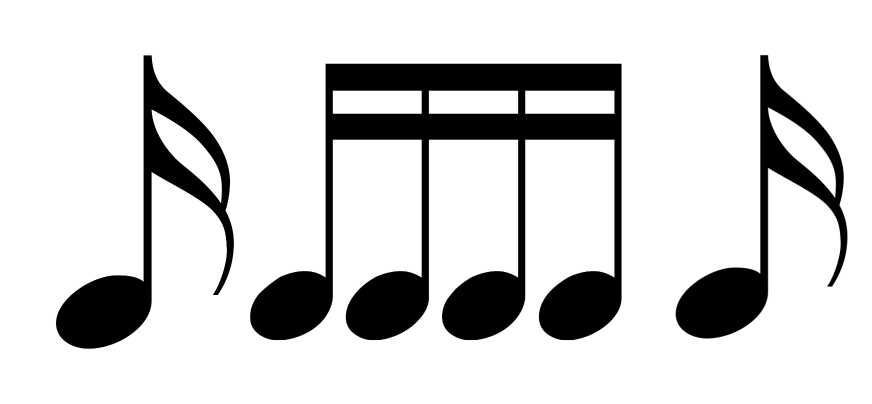“Every day people spend more for products and services that they believe have been created or designed specifically for their particular needs or situations.” –Sydney Barrows
If you’re like most music teachers, you’re probably resigned to the fact that certain types of students are attracted to your studio, and others aren’t. And as long as enough of these students come along, you may be content with this situation.
There’s nothing wrong with this. But what if you tweaked your marketing and your teaching approach to find and serve one or more niches that you don’t currently reach, perhaps even developing a unique way of teaching them (or at least a unique way of describing how you teach them)?
Along with the extremely helpful step of articulating your unfair advantage, developing one or more specific niches can be a powerful way to build a music studio. There are countless ways to do this. Here are a few ideas:
Reinvent What Music Lessons Are
Music teachers, like most business people, often assume that there is a finite group of customers that we are all competing for. But what if there were a group of potential students in your area that no one is competing for because no one has yet captured their interest in music lessons?
For example, have you ever considered that there may be potential students who have the idea that music lessons are only for those who are willing to practice for hours every day with the goal of becoming a world-class virtuoso?
What if you reached out to this group by marketing lessons that are focused on cultivating personal creativity and expression, rather than high-pressure performance expectations?
And if you like teaching those budding virtuosi? Your studio could have two learning tracks – the serious “virtuoso track” and the more fun “creative track.”
Create a Proprietary Version of Lessons For Your Instrument
You’ve probably seen music teachers and schools that claim authorship of the very special Method X. But consider how unlikely it is that they’ve developed something truly original. In fact, all they’ve probably done is combine pedagogical techniques and other methods in a novel way. (Combining already-existing information is the basis of creativity generally.)
How could you develop something proprietary for your studio? I’ve personally taken steps in this direction by developing a piano method that I use with many (though not all) of my students. While I originally began developing it as a creative outlet and to fill a gap that I perceived among published methods, it also differentiates my studio from others, and helps me to reach a specific niche – beginners who are interested in blues-style piano.
Find underserved niches and develop unique approaches to teaching them, and watch your music studio thrive.
Might there be a certain demographic in your area that no other studios specifically market to? For example:
- Boomers/Recent Retirees
- Preschoolers
- Homeschoolers
- Teens who want to become professional musicians without following a formal track of college-based music education
Once you explore whether such underserved niches exist in your area, figure out how you can most easily (yet profitably) reach them, and how you might present your teaching approach as unique, maybe even exclusive. Marketing guru Dan Kennedy puts it this way: “People want and respond best to whatever they perceive is for them, preferably exclusively for them, relevant specifically to them, and offered by somebody who really understands, respects, and appreciates them.”
Find underserved niches and develop unique approaches to teaching them, and watch your music studio thrive.
Doug Hanvey writes about music teaching and marketing at The Piano Lab Blog.
Learn more about niche marketing for music students by joining Duet’s community of teachers constantly building each other up!

